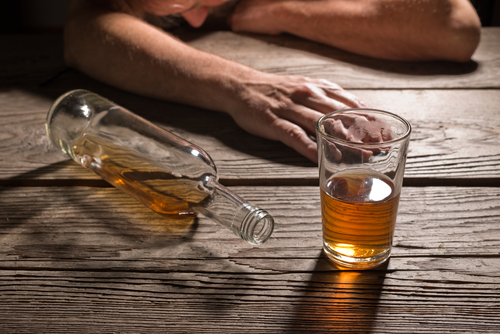Driving under the influence is illegal and is considered a crime in most states. If an officer pulls over a drunk driver, they would be arrested at the scene and taken to the hospital for a blood test; the officer may also take them to the police station for a breathalyzer test.
But, what happens if you were only a passenger in a vehicle driven by a drunk driver? Will you face any charges for driving in that car, and what you should do if the driver goes to jail.
Everything depends on where the officer stopped the car and whether or not you too were intoxicated.
In other words, yes, you as a passenger can be charged with a DUI (even though it sounds illogical).
Contact our Portland DUI attorneys for more information if you are in this predicament.
You Were Driving With a Drunk Driver
If the case is clear that you were only a passenger with a drunk driver, chances are you won’t end up with charges. In fact, the police officer might even treat you as a victim of the DUI driver.
But, even if you were only a passenger, don’t expect that you will avoid the police questioning. The officer will try to get as much information as possible and you will be the first person that should provide the answers (since the driver is drunk and perhaps doesn’t talk nor thinks clearly). The police may ask you some informal questions like what you were doing before the drive, where you were drinking, and what activates the driver had. It is your right to refuse to answer these questions without a lawyer.
Why a Passenger Could Be Charged With a DUI?
There are several reasons for this:
- Uncertainty- The police may charge you as a passenger if they are not sure who was driving the car. If this is the case, everyone in the car will get the charge. The police officer may be unsure who drove the car if the vehicle is in motion, instead of at the scene (in case there was an accident). The police will have to investigate to determine who the driver was, but in the end, things still might not be clear. For example, if an accident occurred, the driver and passenger may both be outside the car and both may be too intoxicated to answer.
- You and the driver switched places – You were the one driving and the person in the driver’s seat is actually the passenger.
- You tried to steady the wheel – Even if another person was driving, you can still get charges if you reached to steady the wheel. This is a very dangerous activity that could make the driver can lose control. It can easily end up in a crash.
- You’re sober and the driver is drunk – If you were sober and consciously let the driver driving, you can easily end up with a DUI charge. You can also get charged with reckless endangerment if the driver caused an accident that injured other passengers in the car, or anyone in another vehicle, or a pedestrian.
Intoxicated underage passengers (under the age of twenty-one) could be charged with underage drinking, drug possession, open container laws, furnishing liquor to a minor, or other offenses.
What Happens Next?
If you happen to be drunk, you are going to face consequences. The officers will tow the vehicle if it is parked in a public place. If the vehicle is parked on private property, then it may be left. Remember, if you aren’t arrested, but are drunk, the officers will not give you a ride. This means you will have to take care of your transportation.
If you’re sober, the drunk driver may allow you to drive off with their car. However, in most cases, passenger drivers have been also drinking (a sober one would not drive with a drunk driver). In case your test shows below the legal limit, the officer might let you drive off with the car.
Expect to be interviewed by defense counsel and asked to testify by prosecutors.
If you find yourself in such a situation (no matter if you were drunk or sober), make sure you call a DUI attorney. Stay silent until your lawyer arrives at the police station.
Our team of DUI lawyers is focused on DUI defense, no matter your charges (felony or a misdemeanor). We’re going to fight for you until the very end and would make sure you get the best outcome.
Call our office and schedule your initial free consultation.



